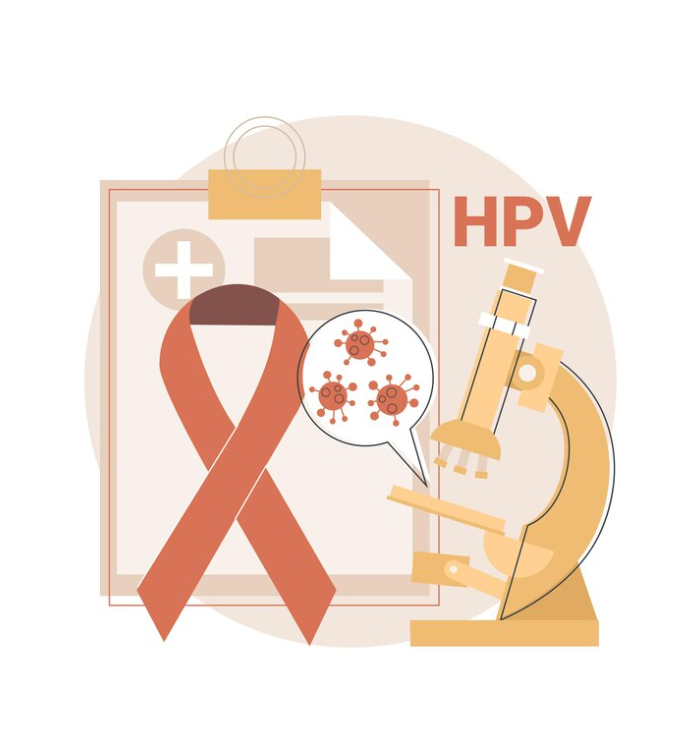
Hepatitis C and Co-Infections: HIV, Tuberculosis, and Other Considerations
Introduction: When it comes to Hepatitis C, it’s essential to consider co-infections like HIV and tuberculosis. Let’s delve into what co-infections mean for Hepatitis C in simple language.
Hepatitis C and Co-Infections
- HIV Co-Infection: People with HIV are at a higher risk of contracting Hepatitis C due to shared risk factors such as injection drug use or unsafe sexual practices. Co-infection with HIV and Hepatitis C can accelerate liver damage and increase the risk of liver-related complications.
- Tuberculosis (TB) Co-Infection: Tuberculosis is a bacterial infection that primarily affects the lungs but can also impact other organs, including the liver. Co-infection with Hepatitis C and tuberculosis can complicate treatment and increase the risk of liver damage and disease progression.
- Other Considerations: In addition to HIV and tuberculosis, people with Hepatitis C may also be at risk of co-infections with other viruses such as Hepatitis B or sexually transmitted infections like syphilis or gonorrhea. These co-infections can further strain the immune system and exacerbate liver damage.
Management and Treatment
- Regular Screening: If you have Hepatitis C, it’s essential to undergo regular screening for co-infections, especially if you have risk factors such as injection drug use or unprotected sex.
- Integrated Care: Integrated care models that address both Hepatitis C and co-infections like HIV or tuberculosis are crucial for managing these complex health issues effectively. This may involve collaboration between different healthcare providers and specialists to coordinate care and treatment.
- Treatment Challenges: Co-infections can present challenges in the treatment of Hepatitis C, as certain medications may interact with treatments for other infections. Healthcare providers will need to carefully consider treatment options and monitor for potential drug interactions and side effects.
Conclusion
Co-infections like HIV, tuberculosis, and other viral or bacterial infections can complicate the management of Hepatitis C and increase the risk of liver-related complications. By understanding the implications of co-infections and prioritizing integrated care, individuals with Hepatitis C can receive comprehensive treatment and support to improve their health outcomes.
To seek medical advice, always consult a Doctor. Here are our recommended experts. Click here
To read more on Respiratory disease . Click Here


